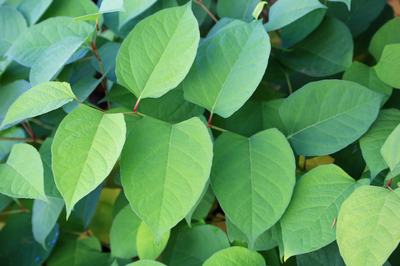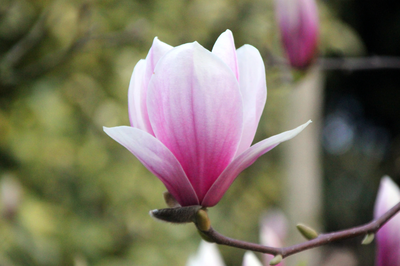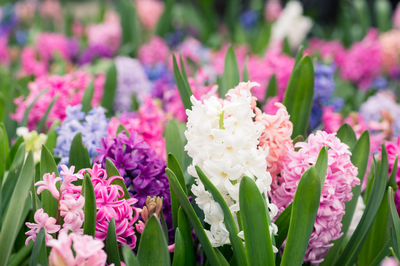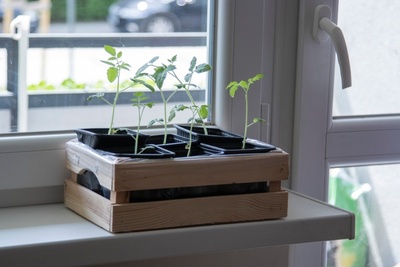When making your own compost there are a few aspects to know about to ensure your compost breaks down well and becomes the perfect compost for your plants to grow in. Homemade compost is invaluable to have in the garden meaning you will be able to use it as a mulch, soil improver or as an organic growing medium. Not only does it save cost, but it also means your garden becomes more sustainable and biodiverse as compost heaps, when kept well, can also be beneficial to wildlife. So what does it take to make good compost, how to make it and how to use it? This guide will help you.

What you need when making your own compost
Firstly, you will need somewhere to store it, permanently - or at least for a long time. Compost can take from just 3 short months to years to break down and form the perfect garden medium. How long takes depends on what you put in and how you care for it. When you have created space, think about what you will store your compost in. From large, dalek bins to wood pallet bins there are many options. Think about your space and what fits and suits it.
Know how before you start making your own compost
A good compost heap consists of a 50/50 mix of nitrogen and carbon mixed materials. Nitrogen will come from green materials such as grass clippings, annual weeds, tea bags and carbon comes from brown materials such as cardboard, straw and woody stems. So every time you add some green materials, try to also add in the same amount of brown materials. Scrunching up paper, cardboard toilet roll tubes and egg boxes to help aerate the compost. If you have too much nitrogen you will end up with a soggy pile or too much carbon means it will take a very long time to break down.

Making your own compost means taking care of it as well
Turning your compost pile every now and again will also help to aerate the pile, meaning it will break down quicker. Using a garden fork start from the outside and turn them into the inside. It can be helpful to cover over your bin so it doesn’t get drenched in rain.
When making your own compost consider it’s uses
Think about how you will use your homemade compost because when it is dark and crumbly you’ll be able to mulch your plants and pots, improve your soil and grow healthy plants. Visit us in store for all of your composting needs.




